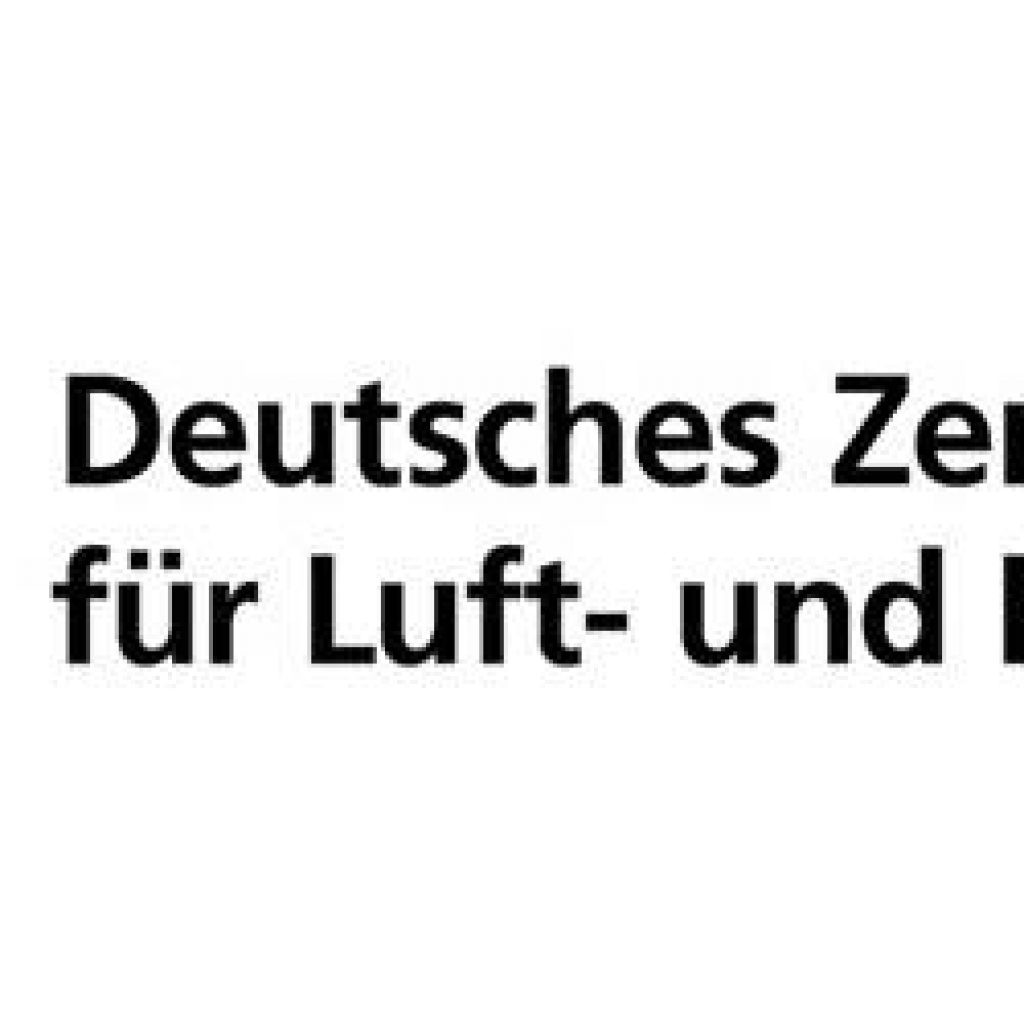(ElectronicsWeekly) Cambridge Quantum Computing (CQC) has partnered with the German Aerospace Centre (Deutsches Zentrum für Luftund Raumfahrt; DLR) to explore how quantum computing could help create better simulation models for battery development to aid future energy utilisation.
The collaboration will see DLR – the national aeronautics and space research centre of the Federal Republic of Germany – use CQC’s quantum algorithms for solving partial differential equation (PDE) systems to render a 1D simulation of a lithium-ion battery cell.
This lays the groundwork for exploring multi-scale simulations of complete battery cells with quantum computers, which are considered a viable alternative for rendering full 3D models. A multi-scale approach incorporates information from different system levels (e.g. atomistic, molecular, and macroscopic) to make a simulation more manageable and realistic, potentially accelerating battery research and development for a variety of sustainable energy solutions.
DLR has previously used classical computer modelling to research a range of different battery types, including lithium ion and beyond-lithium technologies.
CQC Partnering with German Aerospace Centre (DLR) to Create Simulation Models for Battery Development
